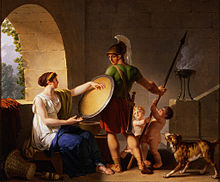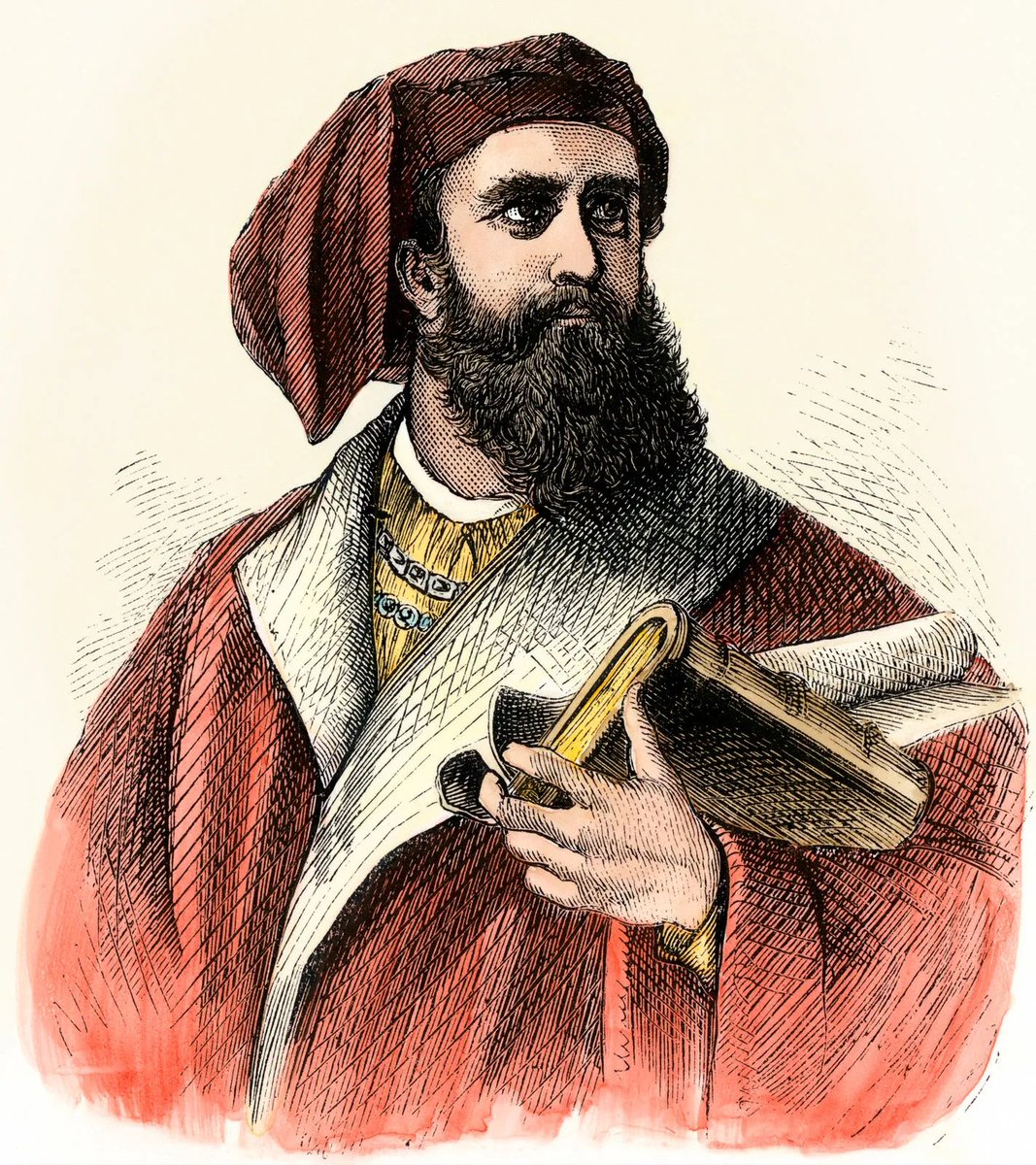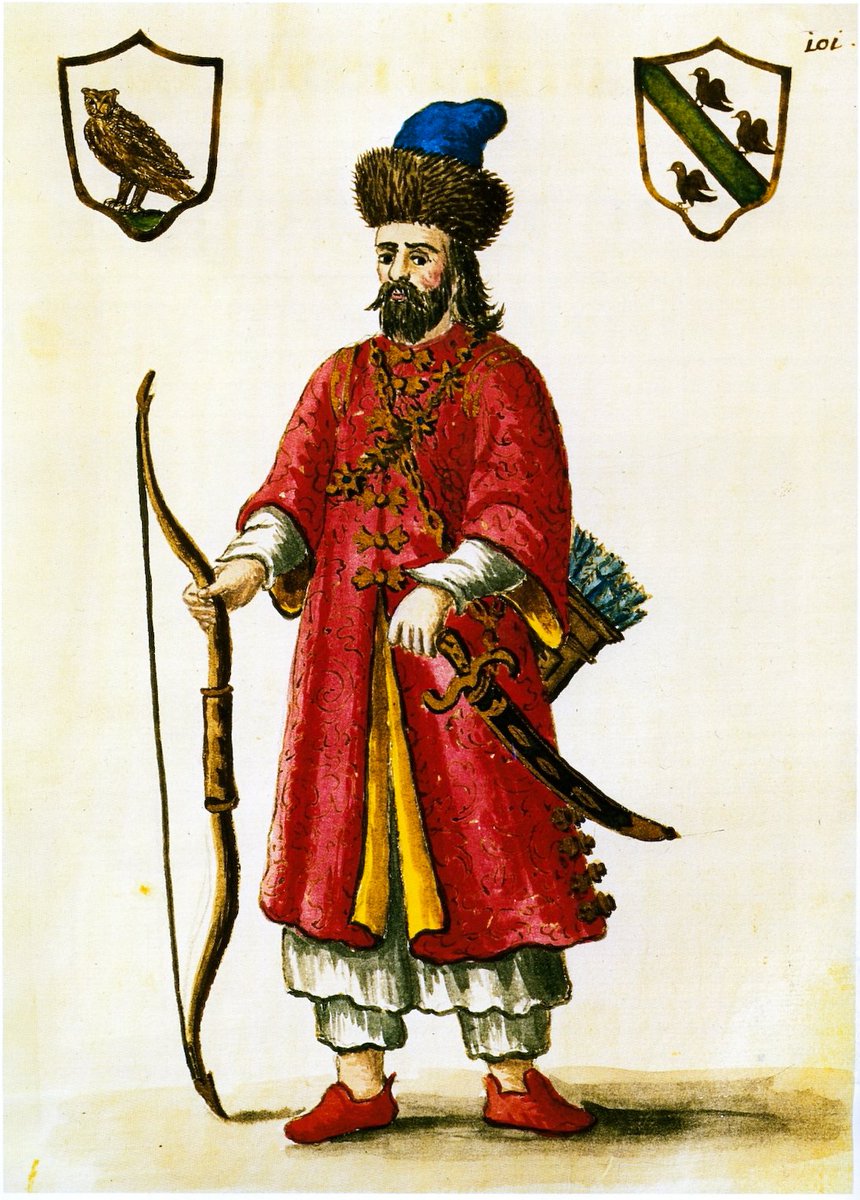Rich Layers of Sweet History:
In the 8th Century BC, in Assyria in modern Iraq, a sweet was made by dipping flatbread in honey and sprinkling nuts over it. This sweet later evolved to become modern sweets like Strudel and Baklava.
In the 8th Century BC, in Assyria in modern Iraq, a sweet was made by dipping flatbread in honey and sprinkling nuts over it. This sweet later evolved to become modern sweets like Strudel and Baklava.

When traders inroduced this recipe of flatbread and honey to Egypt, it was modified wth ingredients like cream and syrups to make Egyptian Sweet Goulash. 

In Greece, instead of making flatbread, a dough was kneaded till it was paper-thin and was baked till it gained a crisp texture. This dough known as Filo Pastry was then rolled along with honey, syrups and nuts. 



Later when Ice Cream was introduced, to Greece, this dessert was either topped with Ice Cream or was filled with Ice Cream to make the first modern Baklava. 



In 1453 AD, after the Ottoman Empire invaded Byzantium, a new type of Baklava was made with similar ingredients to the Greek version. The royal chefs made a special Baklava with lemon juice, Knafeh, and even a small amount of white meat to give the Baklava an elastic texture. 



When the recipe of Baklava reached Austria, the recipe was remade with fillings like apple tart filling. This pastry became known as Strudel. Later on, fillings like plum, apricot, and even chocolate came into existence. 



If you liked this, please RETWEET!
@ToasterStrudel @faruk_gulluoglu @krkygulluoglu @kocakbaklava @Pillsbury @BiruniKhorasan @Timurid_Mughal @archeohistories @archaeologyart @archaeologymag
@ToasterStrudel @faruk_gulluoglu @krkygulluoglu @kocakbaklava @Pillsbury @BiruniKhorasan @Timurid_Mughal @archeohistories @archaeologyart @archaeologymag
@threadreaderapp unroll
• • •
Missing some Tweet in this thread? You can try to
force a refresh



























